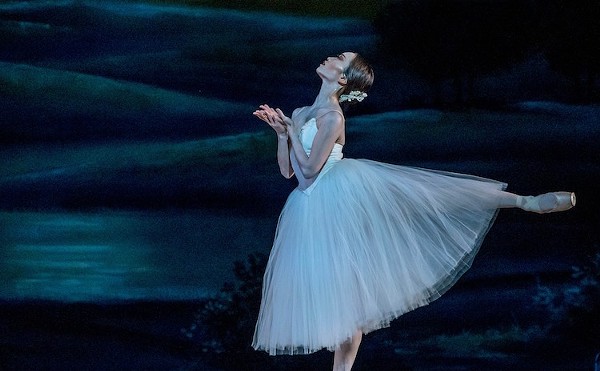Science doesn't care if you're a genius. In science, each voice and experiment matters, and often being gloriously wrong is a critical detour that helps the world's most dedicated thinkers arrive at the truth. This is how science works, and it's a pattern that offers sensitive readers hope to evolve beyond their failures. If titans of science like Charles Darwin can be blind to how their own existing theories disprove their own existing science – which Lisa Feldman Barrett discusses briefly in her book How Emotions Are Made: The Secret Life of the Brain – then maybe it's OK to block out every invitation to the beach this summer to just do you (even if society has seemingly endless, documented evidence that summer is fun). Maybe it's OK to sit inside and let some of 2017's best books in brain science light the way to a solid summer instead, no sunburns required.
Let's start with this year's biggest blockbuster of science reads, Hit Makers: The Science of Popularity in an Age of Distraction (Penguin Press, February 2017). It's a page-turner from The Atlantic editor Derek Thompson that explores the mechanics of major pop fads, regurgitated fashions and viral sensations. For mainstream audiences, it provides a glimpse into how TV networks select the TV shows you love and how record labels gauge a hit song's marketability. For artists and creators, it offers scientific and historic insights into massively popular works, from George Lucas' Star Wars to Claude Monet's water lilies. As obvious as the subject matter is, the conclusions that Thompson draws hold small surprises that support his overarching theory of popularity – which may not be science canon yet, but has the potential to inspire anyone who agrees with Thompson's observation that "Pleasure is a kind of thinking."
Pleasure is a topic more thoroughly explored by Feldman Barrett, a neuroscientist whose innovative research has led her to form a bold new theory of constructed emotion. At times, her book reads almost like self-help but instead, she's revealing a serious science that refutes centuries of stubborn knowledge regarding how humans feel. Through personal anecdotes and attentive metaphor, she outlines her theory with stunning simplicity in How Emotions Are Made (Houghton Mifflin Harcourt, March 2017). Throughout the book, you can also submit yourself to small tests that back her theory, and engage with the science in a way that can become personally meaningful. It's a book that has the ability to change how you approach the experiences you want in life, without enduring the schmaltzy tone of daytime TV doctors.
Speaking of centuries of science based on unfounded theory, Damion Searls has gifted the world this year with a long-awaited, compelling biography, The Inkblots: Hermann Rorschach, His Iconic Test, and the Power of Seeing (Crown, February 2017). The book is also a history of the Rorschach test, how it was meant to be used, how it was abused, how it endures, but more importantly, it's a testament to intuition that oddly blends well with Thompson's Hit Makers hypothesis.
Rorschach was as well-studied in visual arts as he was in the psychiatry he practiced. His inkblots reference both disciplines to offer patients at once something they've seen before and something that surprises them. The result is an effective test that can cut out months of conversation to help doctors and patients learn more, faster, so they can get down to helping people improve their lives. Nobody knows exactly why his test works, but attempts to duplicate Rorschach's blots have been about as successful as Potato Jesus is beautiful. The conclusion of Searls' story takes you to this reassuring place that you can cozy into whether you're on a couch by the A/C vent or on a towel under the sun, where the most noble ambitions occasionally can be achieved not by careful calculation, but by simply caring, even in science.

















